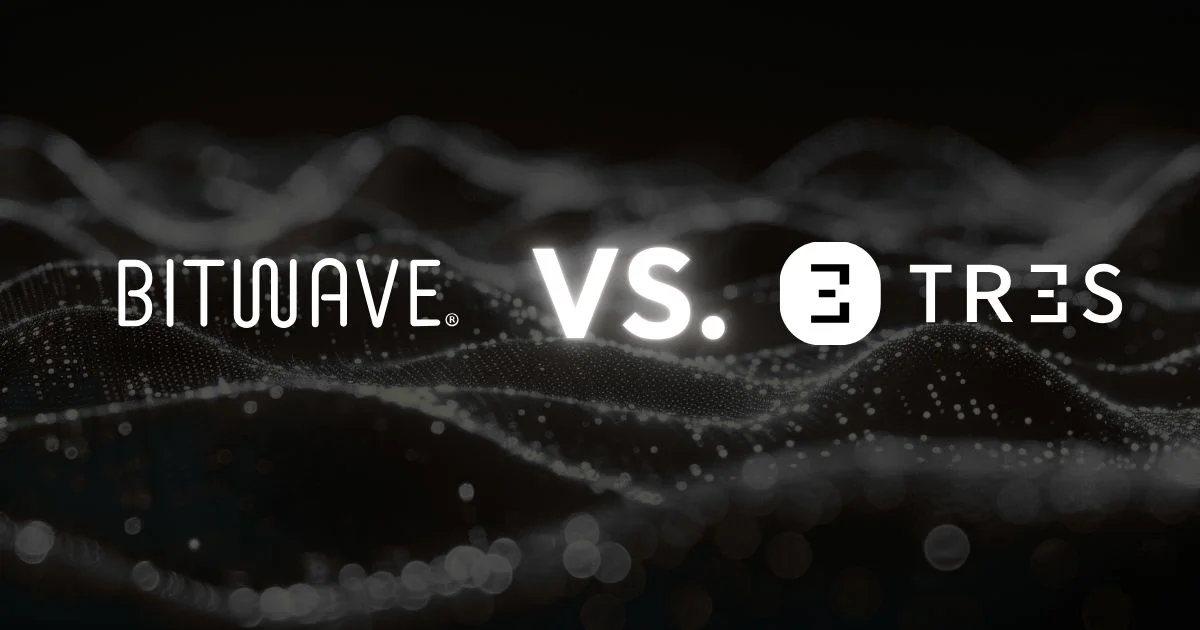
While the recent collapse of FTX and BlockFi, the adoption of digital assets amongst publicly traded companies and the Fortune 500 continues to drive the industry forward. Organizations like BNY Mellon, Gucci, Chipotle, and Telefonica, are using digital assets to
- Increase brand recognition, customer loyalty, and reach to tech-forward demographics
- Improve internal business operations with practical use cases of blockchain
- Accept or make payments
- Access alternative investments not available through Centralized Finance (CeFi)
Not to mention emerging multi-billion dollar industry use cases in supply chain management, finance (asset tokenization), and energy (carbon tracking/credits).
It is clear that the value of crypto goes beyond just the price of Bitcoin or JPEGs of monkeys, and organizations are just now realizing that Web3 is fundamentally about a world without middle men, and a world with true programmable money. When JP Morgan got into crypto, for example, it wasn’t to buy Bitcoin, it was to execute a DeFi transaction.
Think of the businesses paying thousands of bills a month with crypto or trading houses executing instant settlement trades with their fiercest competitors on Wall Street. These transactions that would have cost thousands of dollars to process in the past, now they pay pennies on the dollar in a single click on L2 blockchains.
Given the above, it is clear crypto is not the problem. The lack of robust accounting and bookkeeping tools is – and legacy software is not up to the task.
Who knows what the novel use case that kicks off the next bull run will be? But behind the scenes efficiencies created by a solution that can solve tax, accounting, and compliance issues that arise with every digital asset transaction will support it.
But that’s not the entire story.
The collapse of FTX and BlockFi has also highlighted the need for expert advisers and auditors who understand crypto and can help craft the complex control processes necessary for exchanges and other crypto businesses. The industry as a whole needs a three-legged stool of processes, controls, and technology to ensure the success of these businesses.
All together, these needs have validated the need for Bitwave, and our $15 million Series A round shows the continued interest in digital asset infrastructure businesses.
Bitwave Institutional is our first product directly at solving these needs, and it was built for exchanges and traditional financial institutions that custody digital assets. And they need it – the challenges of running a crypto exchange are truly unlike anything we’ve seen before.
Most exchanges aren't used to holding private keys, they don’t have to reconcile internal systems with blockchains, and most traditional exchanges don’t have rehypothecation.
To reiterate – we’re rebuilding the future of finance. Legacy solutions weren’t built to handle these challenges: Custodians and institutions need complex accounting, proof of reserves, client liability tracking, and more.
Technology can only get you so far, though. Organizations need advisors and auditors that understand crypto and can craft the very complex control processes they need to run an effective exchange.
They need Bitwave Institutional and our extensive ecosystem of partners that can advise on the controls, processes, and people ops that exchanges need.
Sound appealing? Schedule a demo today.


Disclaimer: The information provided in this blog post is for general informational purposes only and should not be construed as tax, accounting, or financial advice. The content is not intended to address the specific needs of any individual or organization, and readers are encouraged to consult with a qualified tax, accounting, or financial professional before making any decisions based on the information provided. The author and the publisher of this blog post disclaim any liability, loss, or risk incurred as a consequence, directly or indirectly, of the use or application of any of the contents herein.







